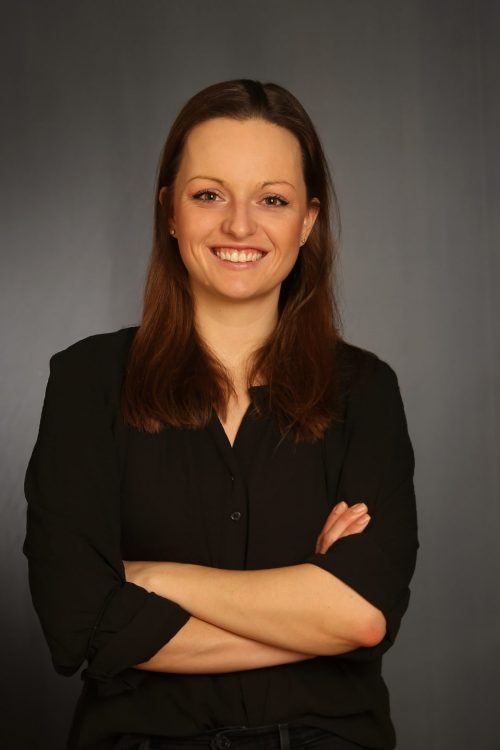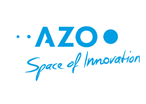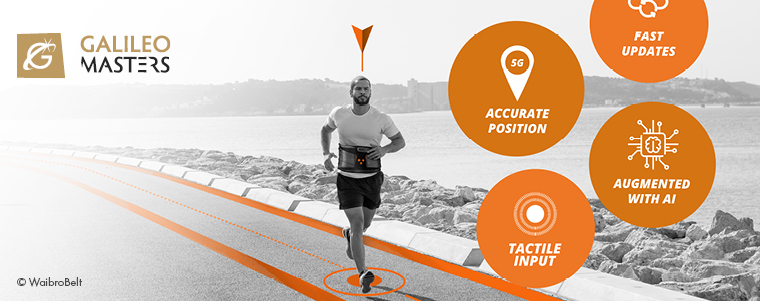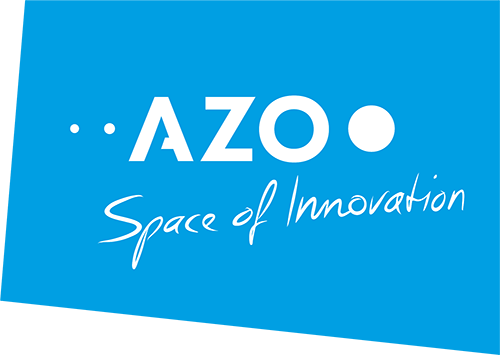Founder and CEO of WAIBROsports Katerina Sedlackova and her younger sister Zuzana share a passion for sports but not the way they perceive the world. Zuzana was born with a visual impairment and sports like running or cross-country skiing are only possible with Katerina guiding her. Visually impaired people are highly dependent on guides when it comes to performing sports outdoors. And if no guide is available, the practice is almost impossible.
The aim of WAIBROsports is to enable the independent and autonomous execution of outdoor sports with its wearable “WAIBRObelt”.
Where the success story began
During a cross-country skiing competition in 2016, in which both sisters took part, Katerina started to wonder how Zuzana and other blind athletes could take part in such competitions without guides in the future. At this point, there were some products on the market, but none of them were specialised in sports performance or even providing live information of the surroundings. This absence of an appropriate tool and the aim to enable blind and visually impaired people to practise sports more independently inspired Katerina.
She focused on the haptic perception of vibrations and the usage of vibration for communication purposes in her final thesis for her master’s degree in Interaction Design at the FH Joanneum University of Applied Sciences in Graz, Austria. In 2018, Katerina Sedlackova joined the academic start-up incubator Science Park Graz, where she was supported by product designer Juliane Fischer.
Winning the Galileo Masters 5G IoT Challenge
In 2019, the WAIBROsports team participated in the Galileo Masters to demonstrate the power of precise localisation data for use in consumer electronics and the impact it would have on the visually impaired community.
Thanks to its innovative solution, WAIBROsports won the Galileo Masters 5G IoT Challenge, for which the team was celebrated and honoured at the Awards Ceremony in Helsinki. The team even reached second place in the Galileo Prize Austria and got into the Galileo Masters TOP10.
Now, two years after the project started, WAIBROsports consists of a seven-person team with the vision of enabling blind and visually impaired people to perform outdoor sports independently and autonomously. The start-up has already gathered approximately EUR 310,000 in financial support, which is enabling the development of the prototype.
While participating in the Galileo Incubation Bootcamp in Helsinki in 2019, the WAIBROsports team benefited from the chance to network with the Galileo Masters experts and gained valuable contacts for reaching out to new investment opportunities for the future steps towards prototype production.
The WAIBRObelt – a revolution for blind (hobby) athletes
The WAIBRObelt is meant to serve as a guide when no personal guide is available.
It uses a GPS module to navigate to the selected sports venues and a camera to detect running tracks, obstacles and to calculate the runner’s position on the track itself. The incoming data from the sensors is processed on the integrated control on the belt itself. The information as to whether the blind runner is on track comes via intuitive vibration signals from the belt. It also indicates whether other runners or obstacles are present with a different portfolio of vibration impulses. In October 2019, Katerina Sedlackova handed in a patent application for unique communication systems consisting of a special arrangement of the tactile pieces, which enables quick and intuitive information transfer.
Combining the product with a WAIBROmonitoring system, which is currently in the conception phase, will provide the required extra portion of safety. This service allows a person of trust to monitor the visually impaired athlete’s movements (within a venue or during personal use) and trigger notification messages in the event of an emergency situation. This service will especially address the needs of relatives and friends of visually impaired (recreational) athletes.
Galileo data enables a broad range of future applications
The communication belt is currently only being designed for running on tracks. However, exact positioning data from the Galileo satellite systems might enable further application fields such as cross-country skiing, alpine skiing, running on natural tracks or even navigation in daily life.
The WAIBRObelt is offering new possibilities in sports for the visually impaired and aims to attract further people with visual impairments to participate in sporting activities.
About Katerina Sedlackova:

Katerina Sedlackova is the founder and CEO of WAIBROsports, a start-up located in Graz, Austria. After completing her master thesis at FH Joanneum University of Applied Sciences in Austria, she started working as a professional user experience and interface designer. Katerina is responsible for the project lead and works together with the technical team in the design and development of the WAIBRObelt. She is active as a guide for running and cross-country skiing, accompanies her sister to competitions and also supports the organisation of Torball tournaments in her spare time.





Comments are closed.